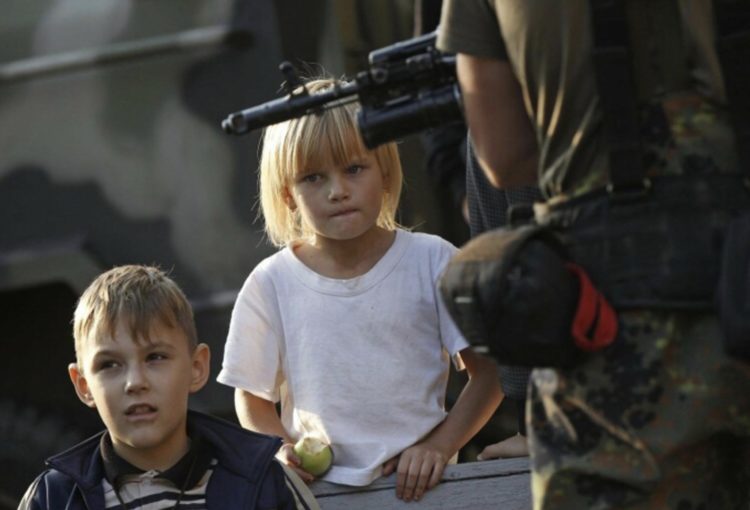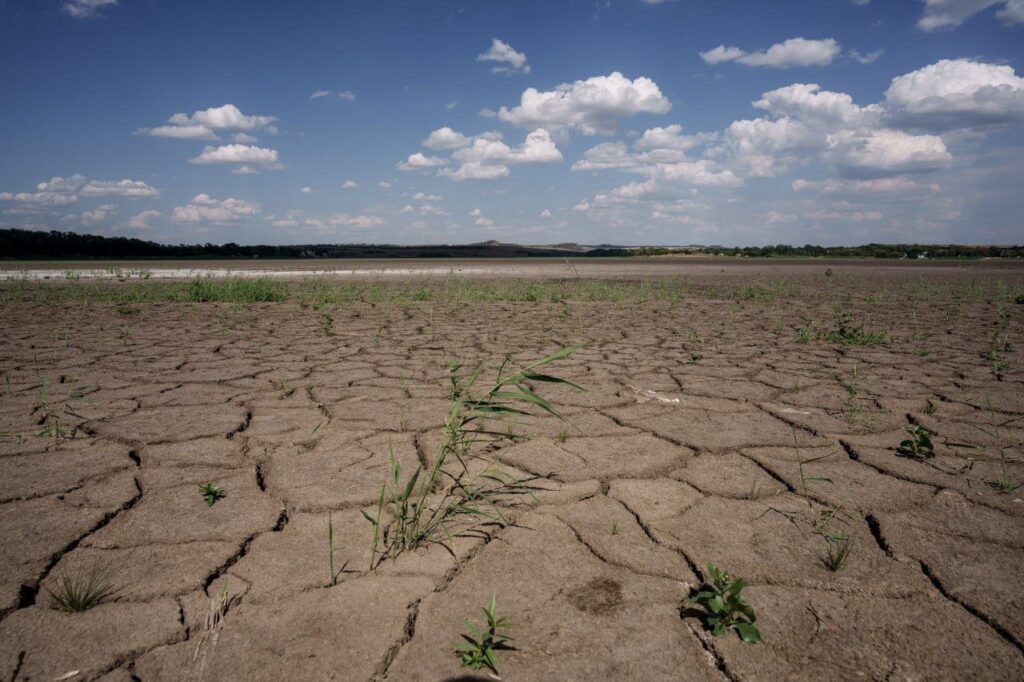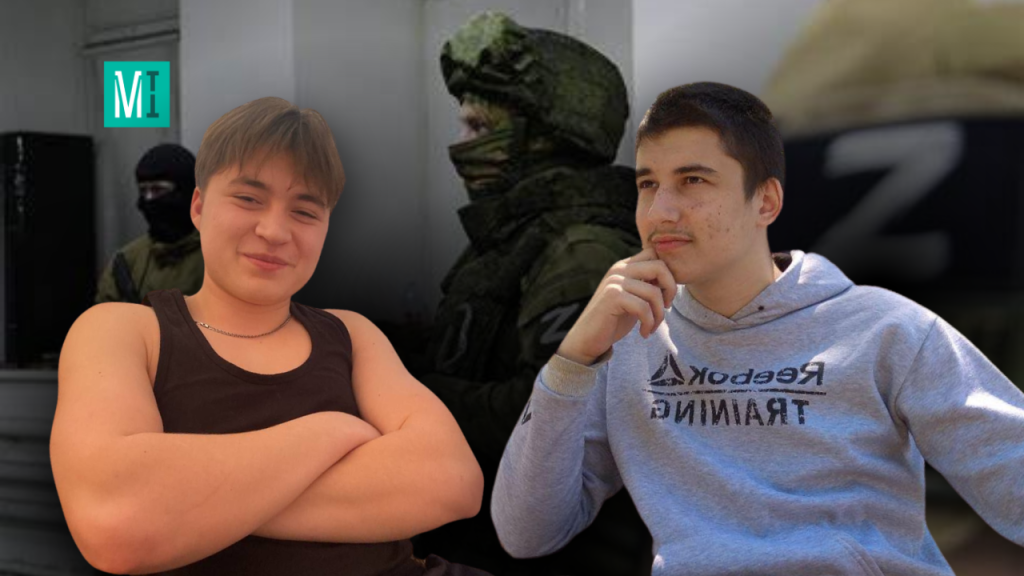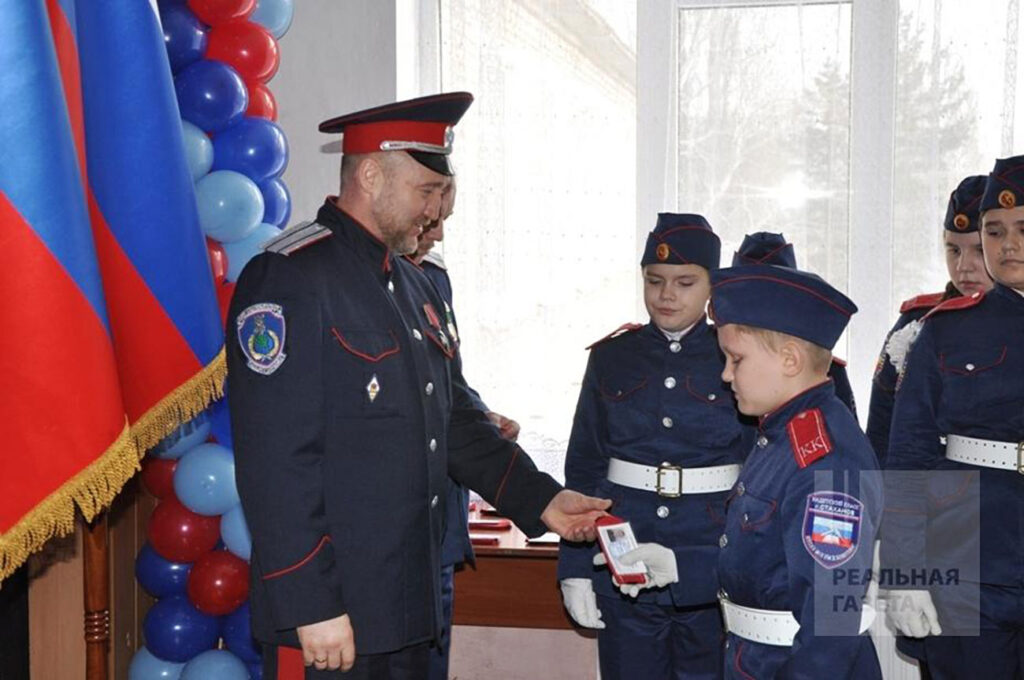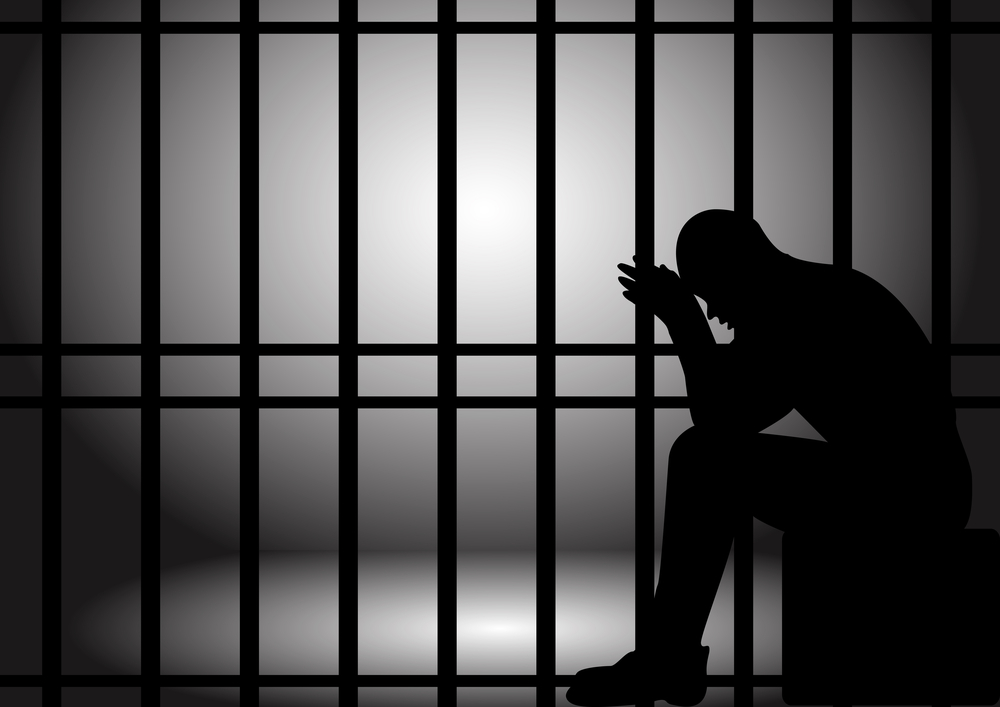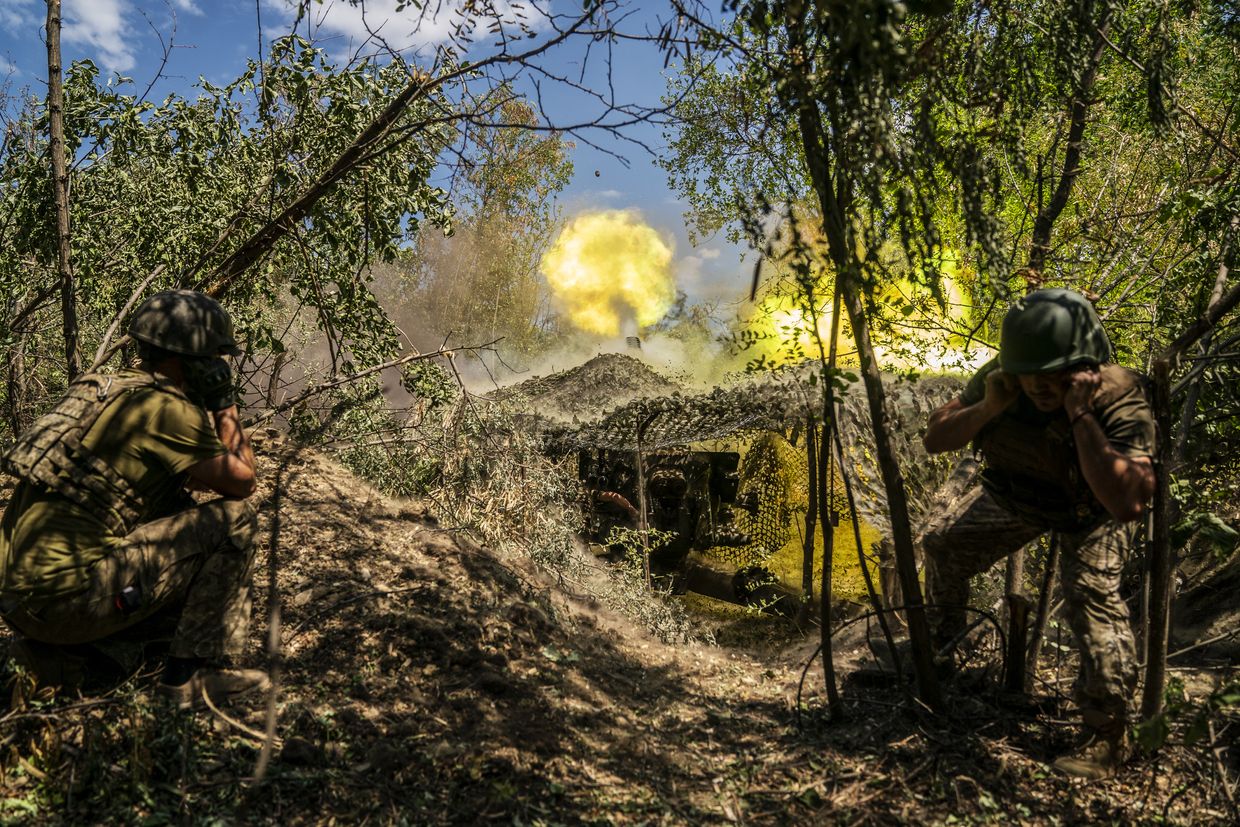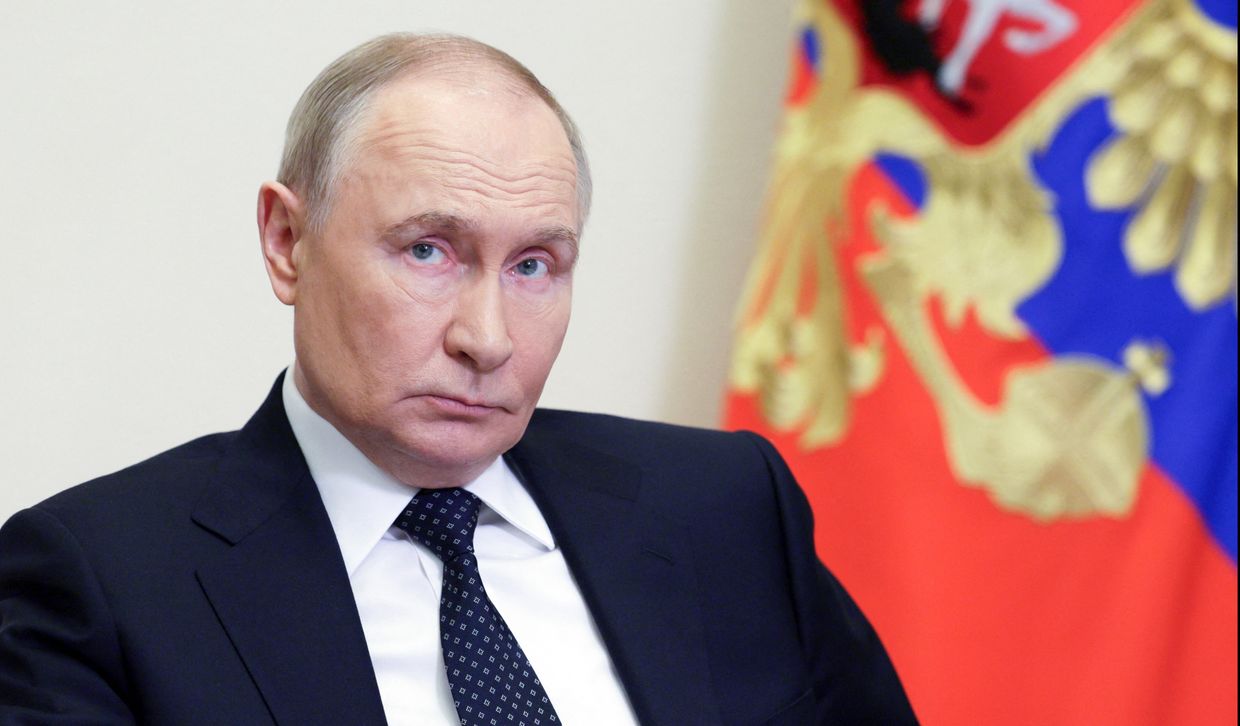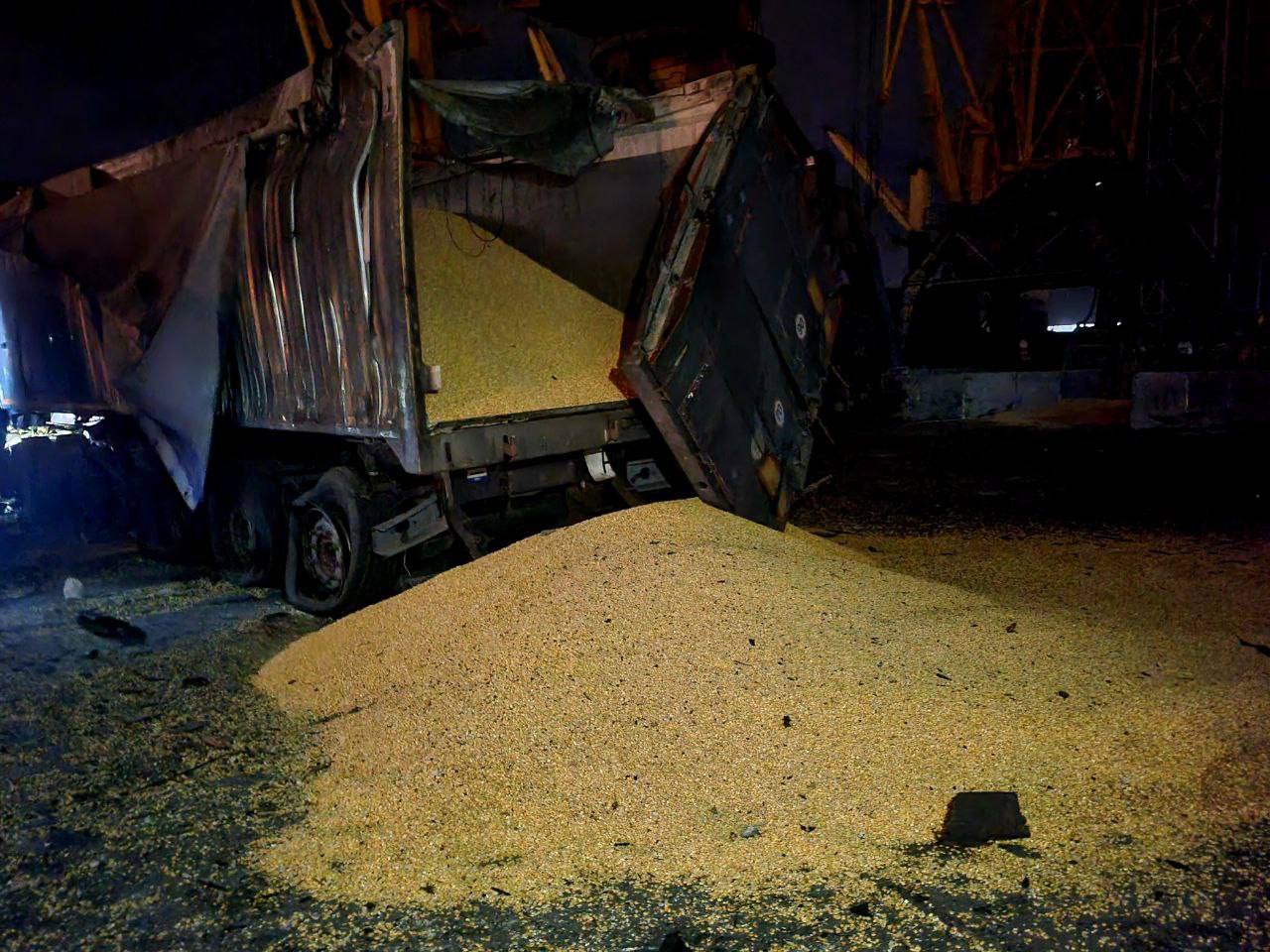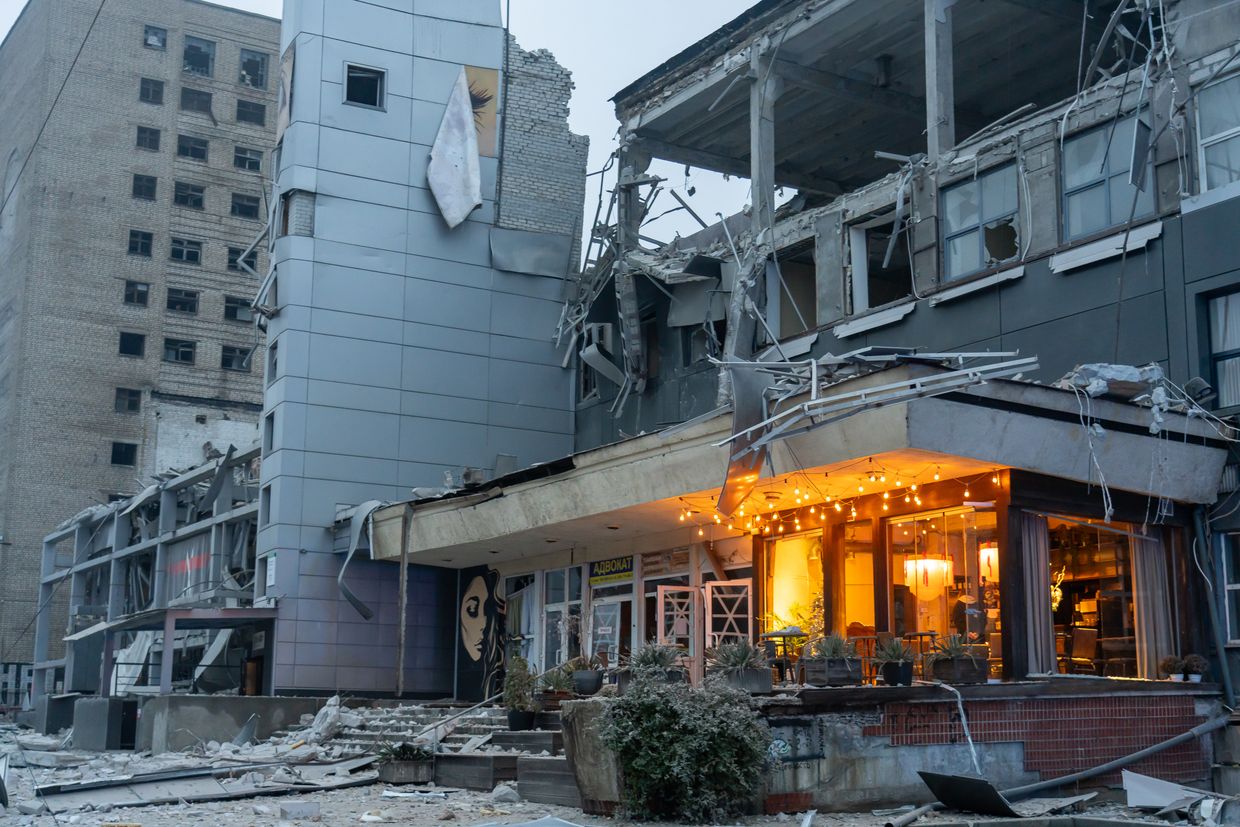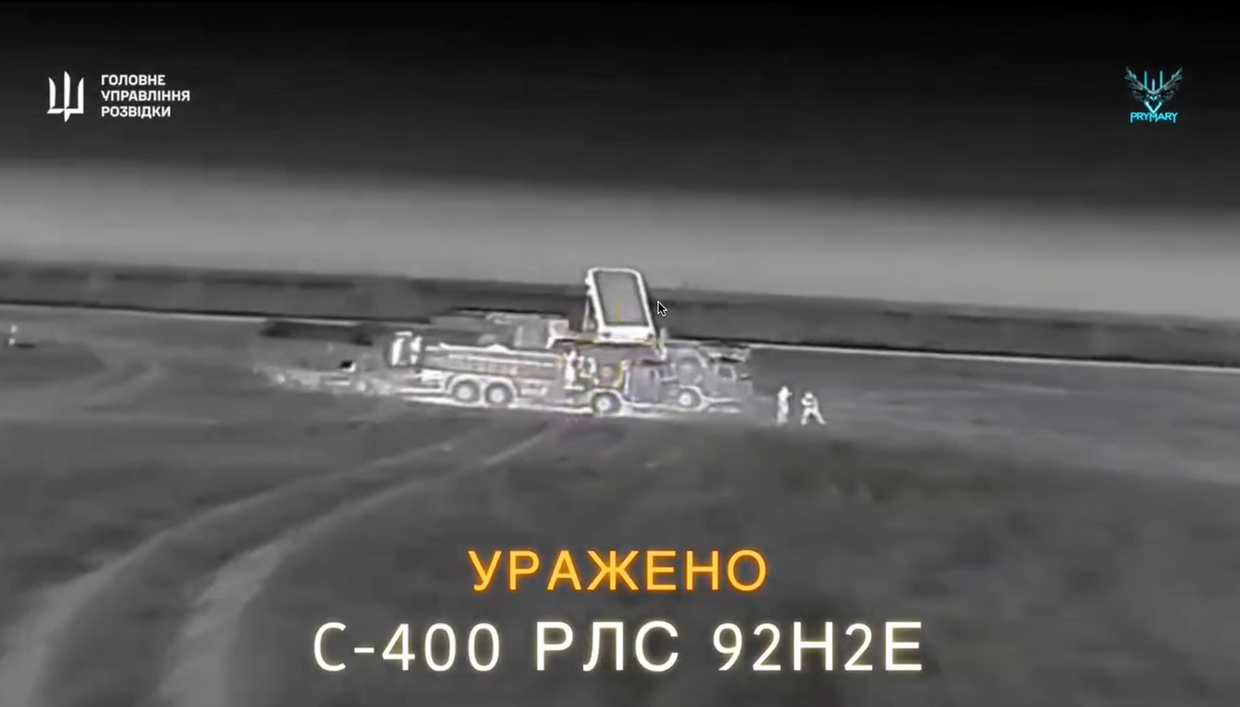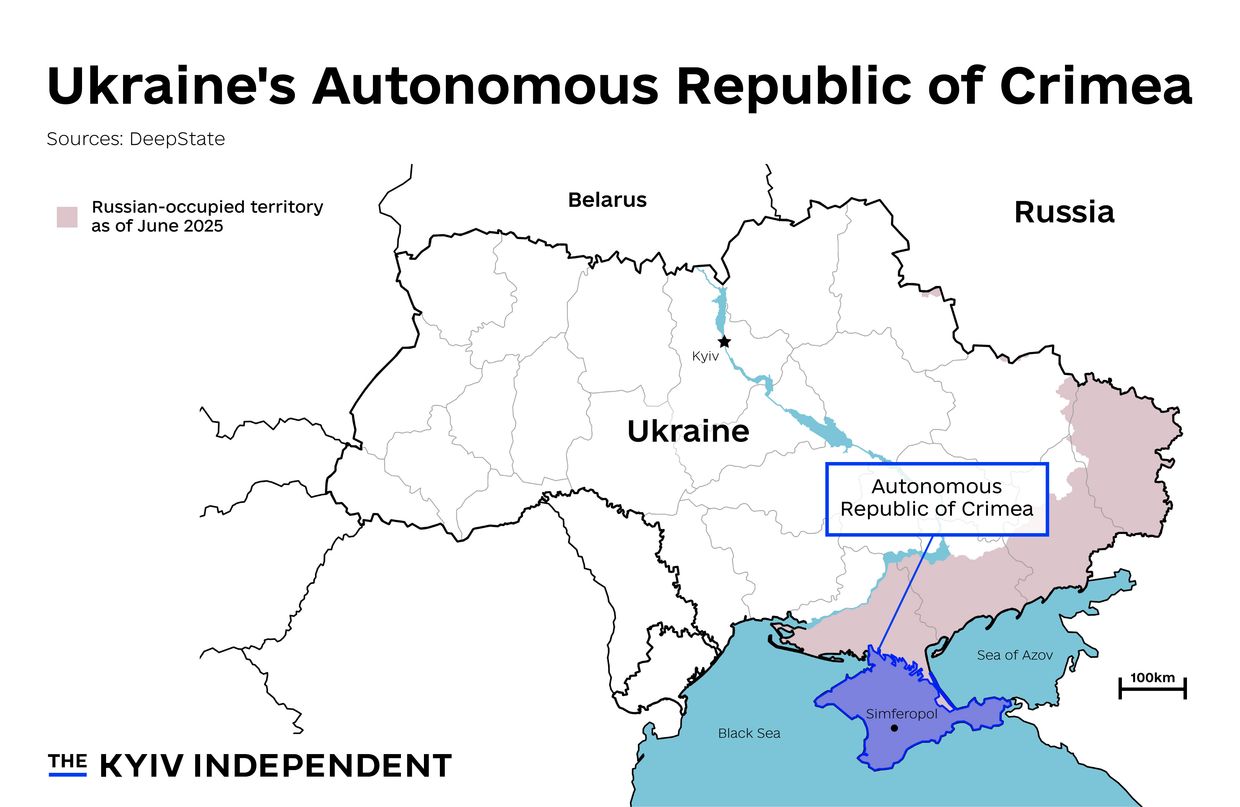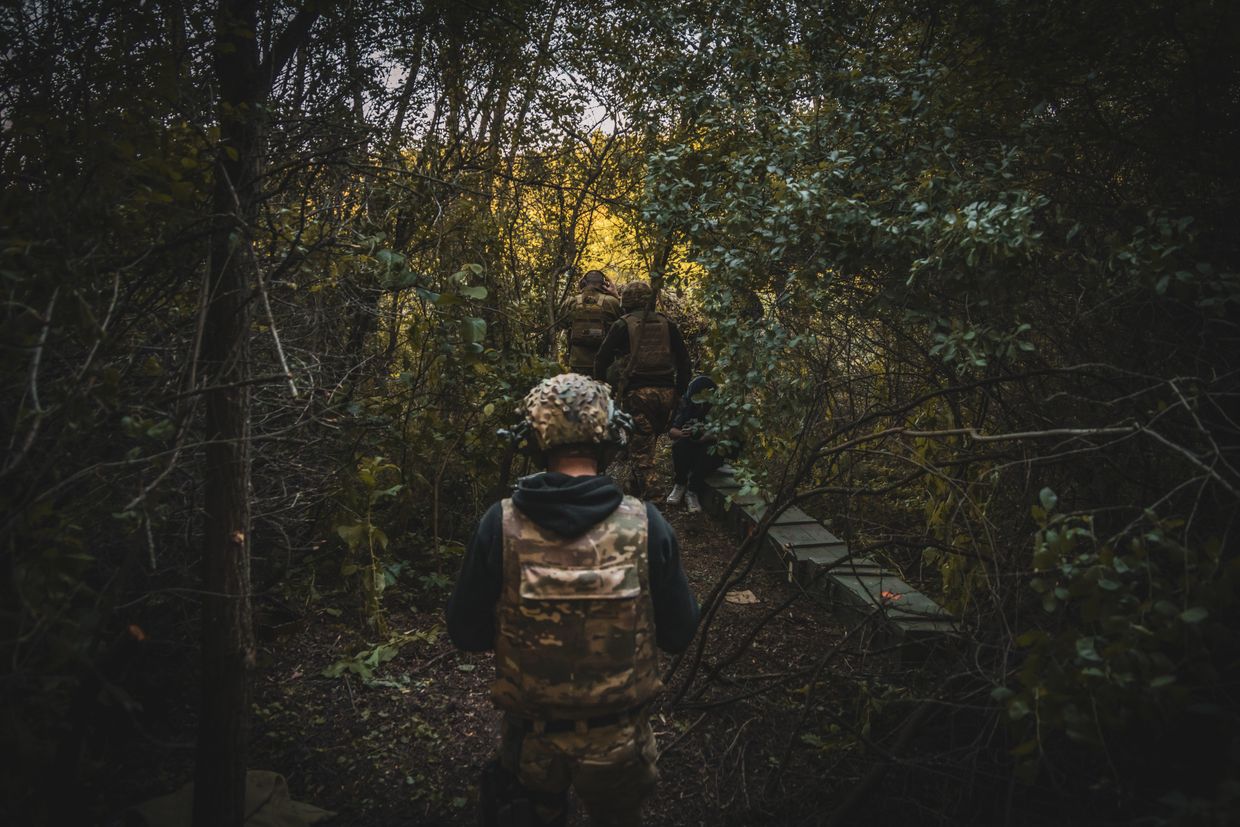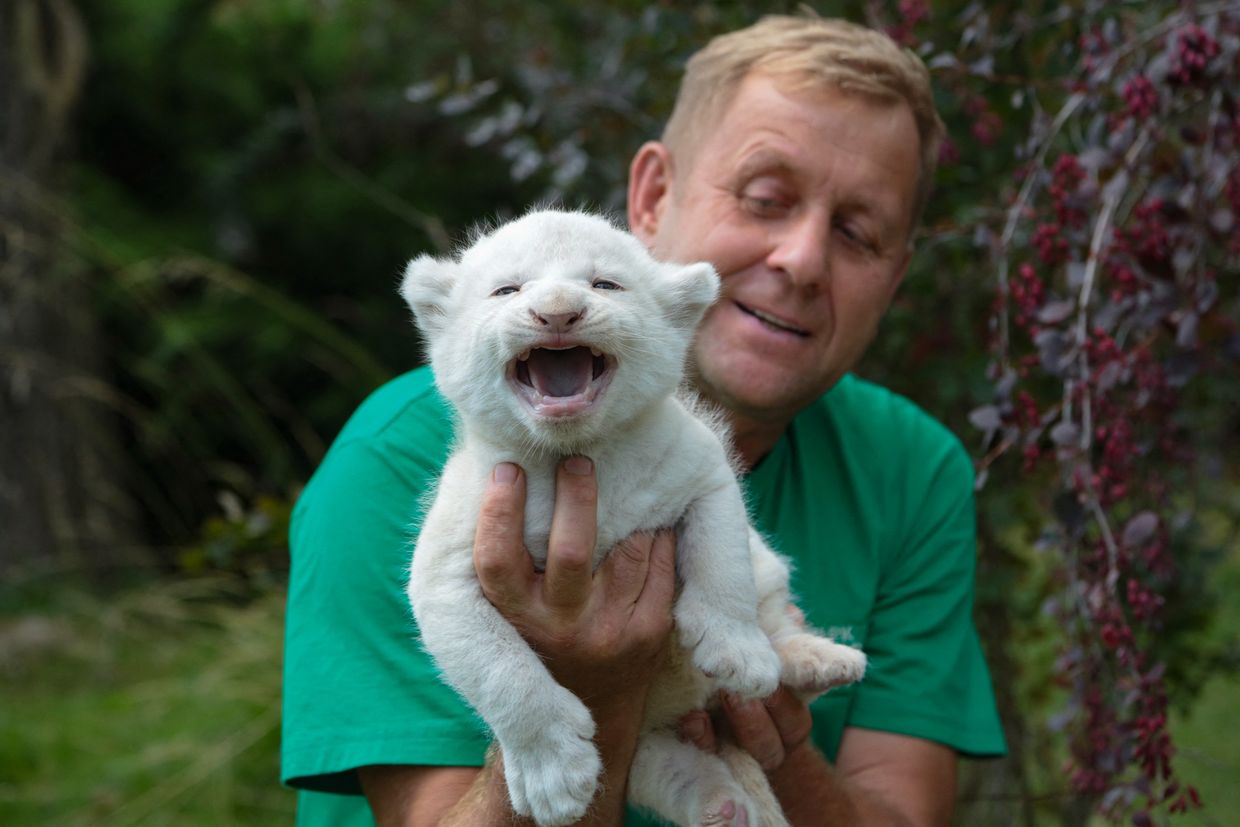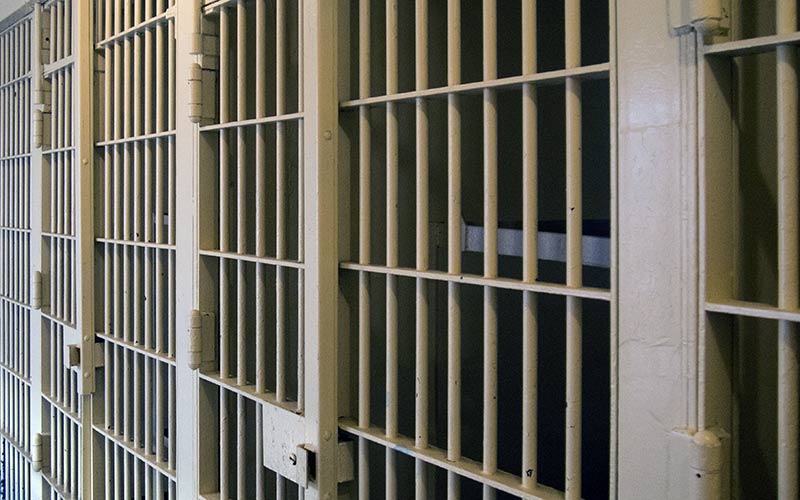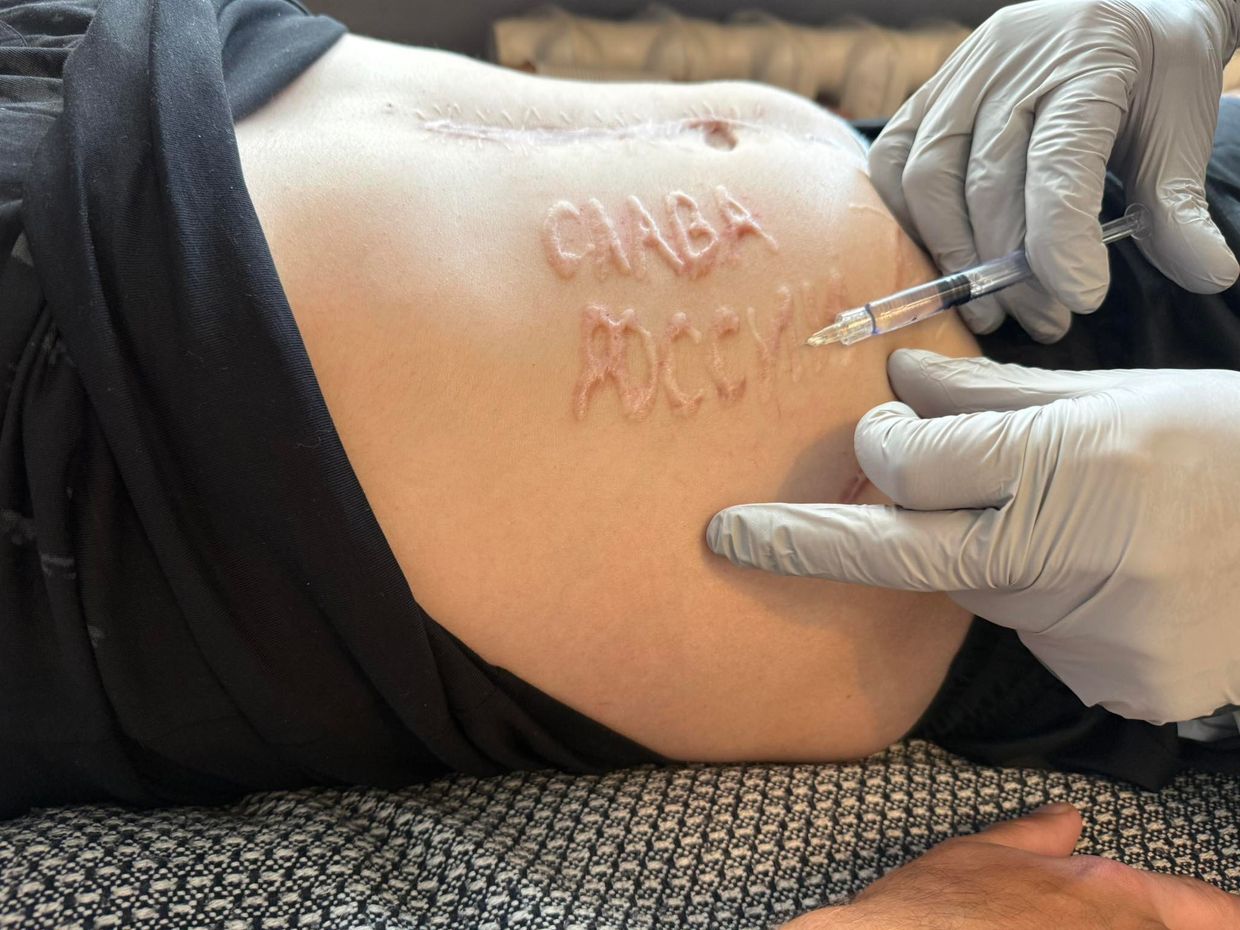Partisans: Russia’s 247th Air Assault Regiment crumbles amid desertions in Zaporizhzhia Oblast
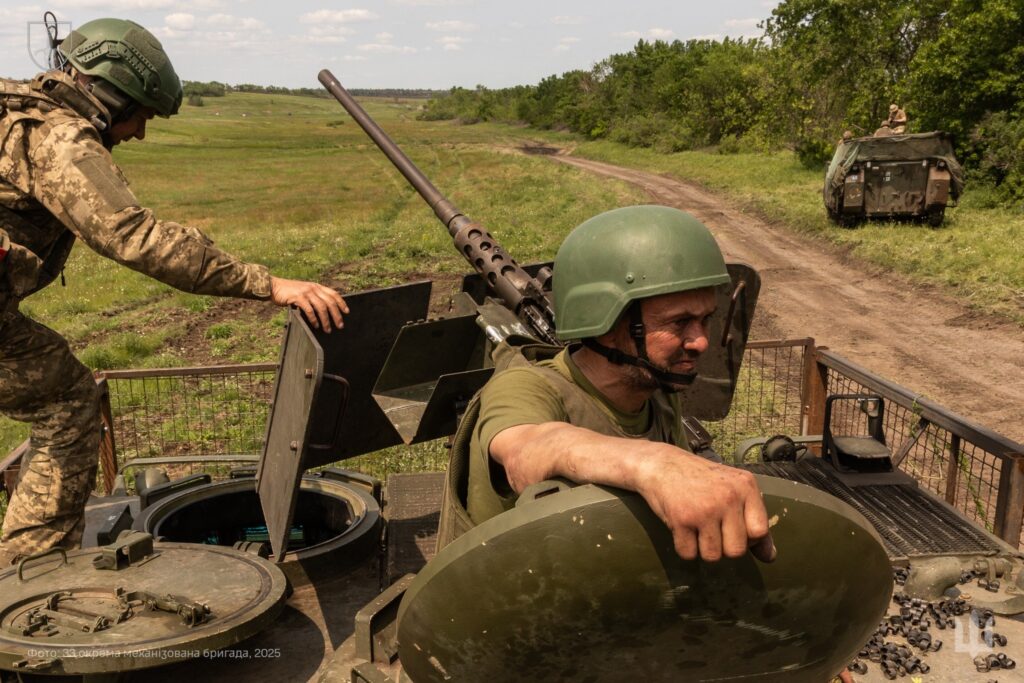
Russian soldiers from the 247th Air Assault Regiment in the temporarily occupied part of Zaporizhzhia Oblast are deserting en masse, according to Atesh, the Crimean-Ukrainian partisan movement.
The Atesh partisan movement was formed in 2022 as a joint initiative of Crimean Tatars and Ukrainians after Russia’s full-scale invasion. It claims to have a network of saboteurs inside the Russian army and has created an online course for Russian soldiers teaching them how to sabotage their own equipment. In February 2023, Atesh reported that over 4,000 Russians had taken the course.
According to its reports, the highest number of desertions is occurring in one particular battalion of the regiment. The main reason is the forced conscription of residents from occupied territories, particularly Kherson, Zaporizhzhia, and Crimea.
“Lawlessness, incompetent command, refusal to register reports, intimidation, and constant front-line losses only fuel the desire to flee,“ notes Atesh.
The Russian army is collapsing from within
This is not an isolated incident. Earlier, Russia’s Defense Ministry sent a commission to the 1196th Motorized Rifle Regiment stationed in occupied Kherson Oblast. The reason? Soldier suicides and sabotage of watercraft. All of this signals demoralization and disintegration within the occupying forces.
Russia cynically exploits the occupied territories
The desertion of those forcibly mobilized from occupied areas once again proves: Russia doesn’t view residents of Kherson, Zaporizhzhia, or Crimea as its citizens, but as cannon fodder.
Locals are conscripted by force, without basic rights — no contracts, no legal status, no rotations.
Wounds aren’t documented, discharges are ignored, and complaints lead to persecution. At the same time, occupied territories are being turned into military bases for further aggression against Ukraine.
How much of Zaporizhzhia Oblast does Russia control?
As of August 2025, Russia controls about 60% of Zaporizhzhia Oblast. Major occupied towns include Melitopol, Berdiansk, Tokmak, and Enerhodar.
The Zaporizhzhia Nuclear Power Plant in Enerhodar poses the largest nuclear threat in Europe. Russia has mined the facility, uses it as cover for shelling, and deploys troops there.
